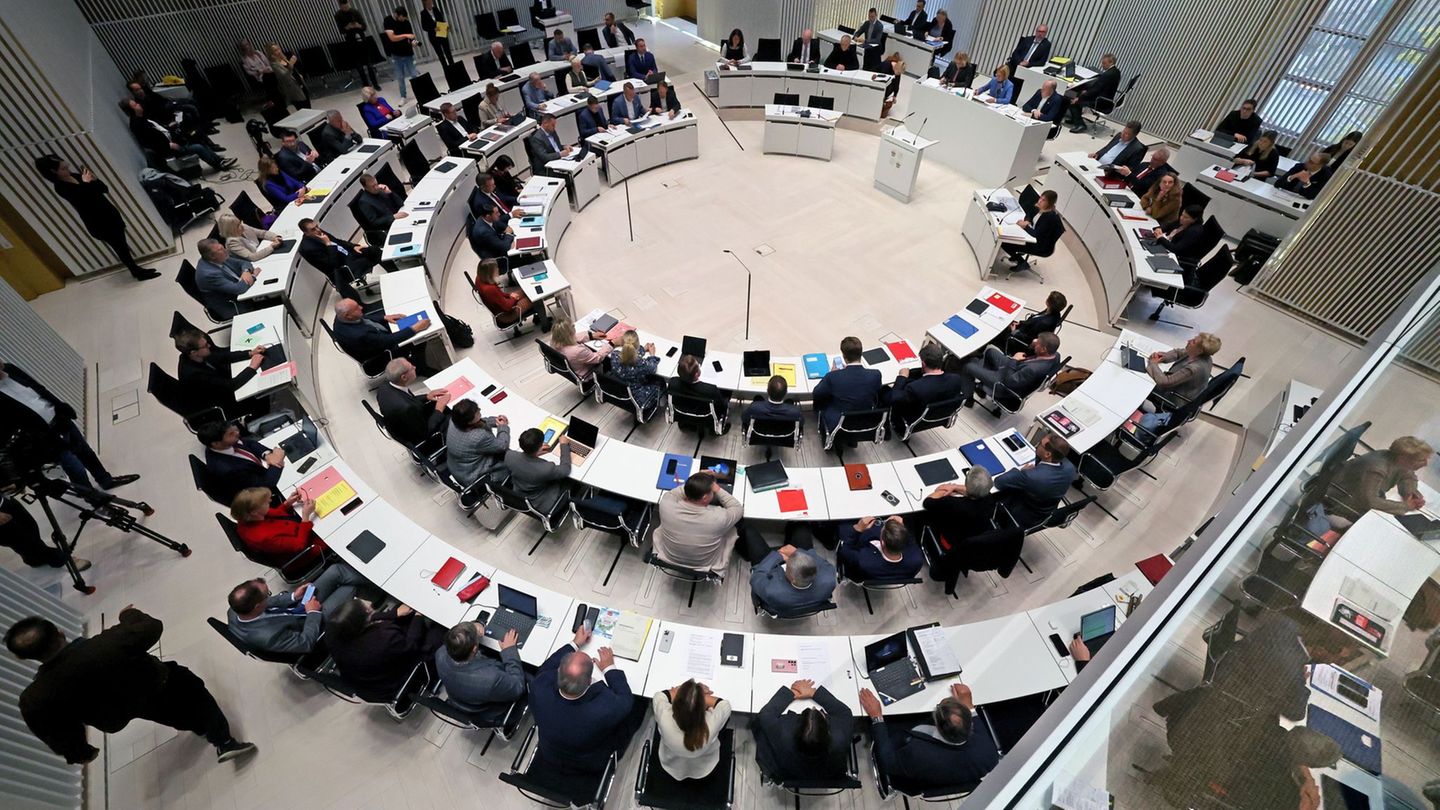I have been working in the news industry for over 6 years, first as a reporter and now as an editor. I have covered politics extensively, and my work has appeared in major newspapers and online news outlets around the world. In addition to my writing, I also contribute regularly to 24 Hours World.
Menu
Election survey: Survey: AfD in the northeast clearly – SPD loses significantly
Categories
Most Read
Accusations against Alloheim: wrongly billed on a large scale?
October 15, 2025
No Comments
Hamas hands over bodies of more hostages to Red Cross
October 15, 2025
No Comments
Trump administration captured: Court stops shutdown mass layoffs
October 15, 2025
No Comments
Gaza deal: Hamas hands over two more bodies of hostages
October 15, 2025
No Comments
Budget dispute: Court stops Trump administration’s “shutdown” job cuts
October 15, 2025
No Comments
Latest Posts

While Milei waits for an announcement, Donald Trump opens negotiations with Lula da Silva over tariffs on Brazil
October 16, 2025
No Comments
While the government of Javier Milei looking forward to an official announcement USA about a trade agreement, the Brazilian president, Luiz Inácio Lula da Silvareported

Autobiography: Britney Spears’ ex-husband raises alarm in memoir
October 16, 2025
No Comments
Lisa HarrisI am an author and journalist who has worked in the entertainment industry for over a decade. I currently work as a news editor

Forget about boring exercises: effective and dynamic training for older adults
October 16, 2025
No Comments
October 15, 2025 – 9:30 p.m. A fun and recreational activity that also serves to work all the muscles of the body at the same
24 Hours Worlds is a comprehensive source of instant world current affairs, offering up-to-the-minute coverage of breaking news and events from around the globe. With a team of experienced journalists and experts on hand 24/7.

